With diets and health trends constantly changing, it’s hard to keep track of what foods are good for you.
There are chia seeds that help with digestion, kale for a vitamin boost, and quinoa is recognized for its impressive health benefits.
Quinoa has recently gained popularity as a naturally gluten-free alternative to grains like wheat. But did you know that quinoa offers more than just a gluten-free option?
This blog post will help you understand quinoa’s surprising health benefits if you’re still in the dark about this superfood.
What is Quinoa?
Quinoa is a small, round grain that has recently gained popularity as a healthy substitute for traditional grains like rice or wheat. Like other grains, quinoa can be cooked and added to salads or used as a side dish.
However, what sets it apart is its high protein content and the fact that it contains all nine essential amino acids. It is also gluten-free and contains fiber, iron, and magnesium – perfect for those who have celiac disease.
Quinoa has a mild, nutty flavor and can easily be substituted for rice in recipes. Its versatility and nutritional benefits make it a valuable addition to any balanced diet.
Along with its rising popularity as a health food, quinoa has become an essential crop for farmers in South America, where it is primarily grown.
So not only can adding quinoa to your diet benefit your health, but it can also positively affect global communities.
Six Health Benefits of Quinoa
Eating Quinoa means giving your body a variety of essential nutrients, but it also has specific health benefits that may surprise you.
Not only does it have complete protein, but this wonder grain has also been linked to a variety of health advantages, including:
1. Filled With Nutrients
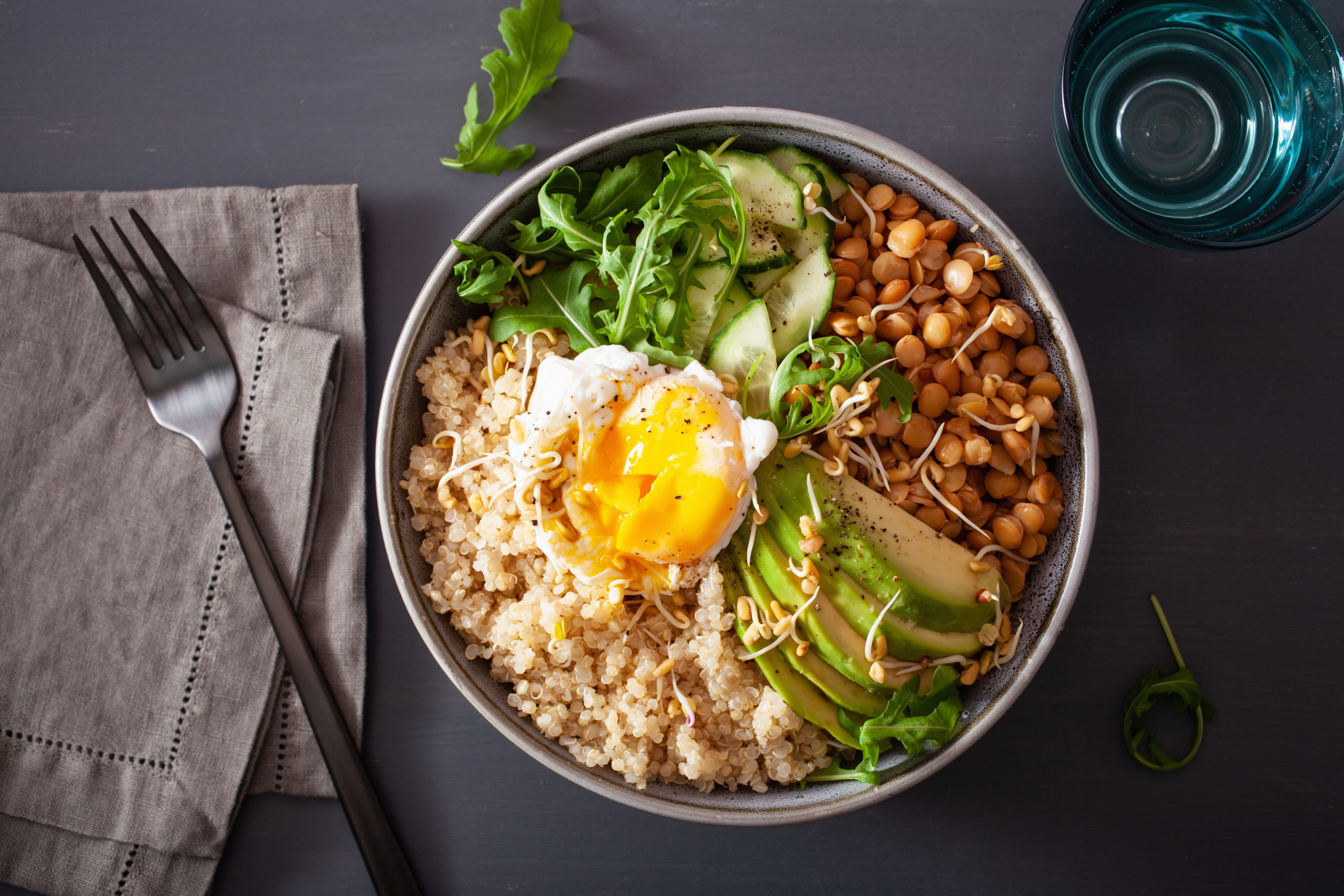
One cup of cooked quinoa has 8 grams of protein and 5 grams of fiber and is a good source of iron, magnesium, phosphorus, zinc, and various B vitamins. Quinoa is also high in antioxidants to help fight against inflammation and disease.
Because of this, it can be a valuable addition to any diet – particularly for vegetarians and vegans looking for plant-based sources of protein. A gluten-free diet can also benefit from quinoa as a grain alternative.
2. May Aid in Weight Loss
Quinoa is low on the glycemic index and high in protein, which can help with weight loss.
A study showed that quinoa flour biscuits lower LDL (bad) cholesterol and total cholesterol and help with weight reduction more than wheat-based biscuits.
Consuming whole grains like quinoa may also aid in weight loss by helping to maintain a feeling of fullness and reducing overall calorie intake.
3. May Help Control Blood Sugar
Along with its low glycemic index, quinoa is high in fiber – both soluble and insoluble – which can help control blood sugar levels. Quinoa has been shown to lower blood sugar in healthy individuals and those with type 2 diabetes.
Including quinoa as part of a balanced diet may help prevent or manage diabetes.
Compared to refined grains, a whole grain like Quinoa does not cause as much of a spike in blood sugar levels. Quinoa also has a low glycemic load, meaning those with diabetes can consume it without causing a significant increase in blood sugar.
4. Better Choice for Digestive Health
When you cook quinoa seeds, they become coated with saponins.
Saponins have been shown to have anti-inflammatory effects in the gut and can act as a prebiotic, promoting the growth of beneficial bacteria in the digestive tract.
If you experience constipation o other digestive issues, adding quinoa to your diet may improve gut health and regularity. Quinoa is a gluten-free grain option for celiac disease or non-celiac gluten sensitivity.
5. May Improve Heart Health
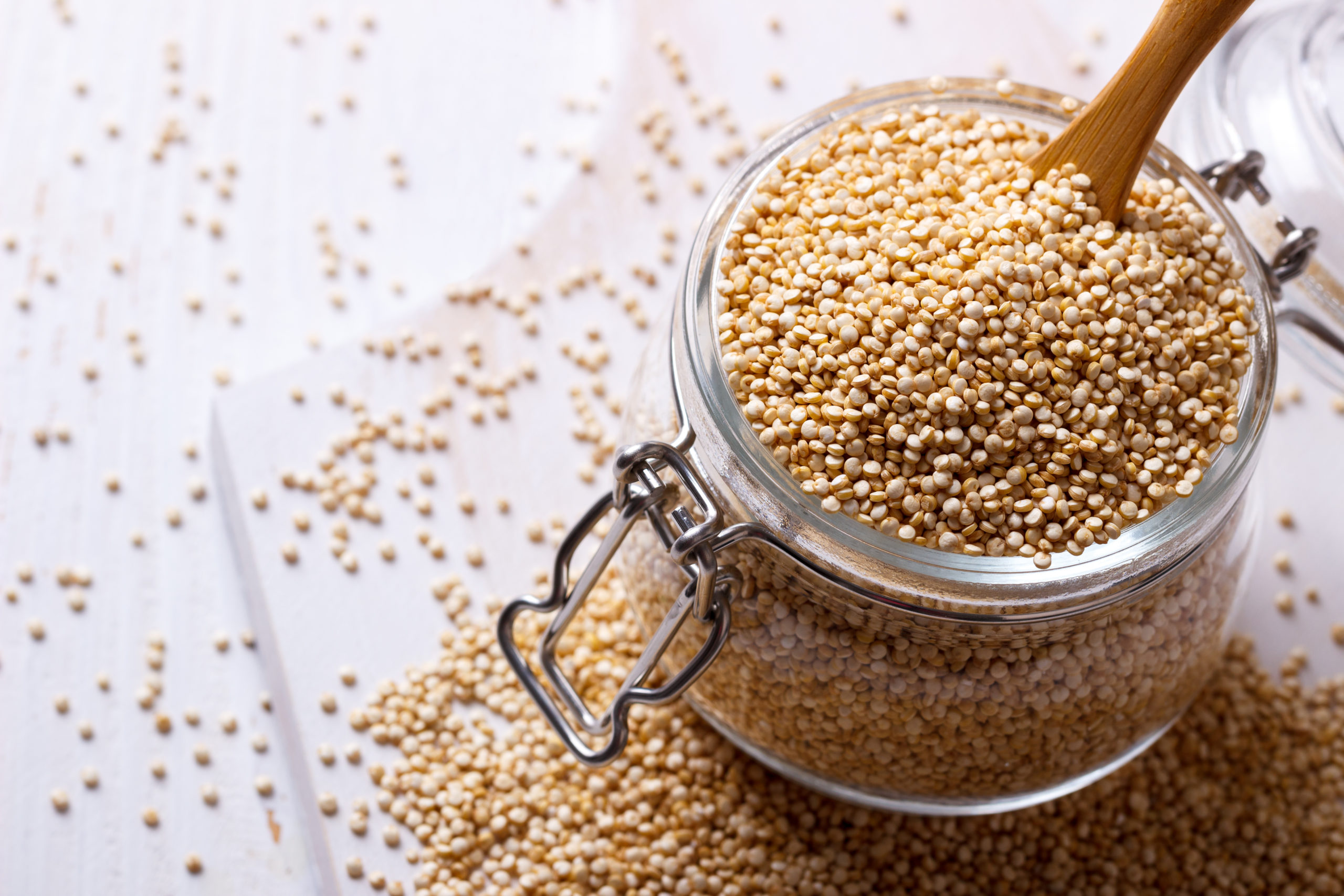
The dietary fiber in Quinoa can help lower cholesterol levels, reducing the risk of heart disease.
Quinoa also contains plant compounds called flavonoids, which have been shown to improve heart health by increasing “good” HDL cholesterol, lowering blood pressure, and improving artery function.
Furthermore, we you eat quinoa, you’re getting a good dose of magnesium – an essential mineral for heart health.
6. May Help Prevent Cancer
Antioxidants, flavonoids, and phytonutrients in Quinoa have potentially been shown to have anti-cancer properties.
While more research is needed to understand the potential role Quinoa may play in preventing cancer, adding this nutrient-dense grain to your diet as part of a healthy, balanced diet may offer some protection against cancer development.
How to Cook Quinoa
It is relatively easy to incorporate Quinoa into your diet.
We’ve prepared a step-by-step guide on how to cook Quinoa:
1. Rinse Quinoa before cooking. Quinoa seeds have a natural saponin coating that can taste bitter or soapy. Rinsing it off helps improve the flavor of Quinoa.
2. Toast Quinoa (optional): Toasting Quinoa before cooking can enhance its nutty flavor.
3. Add Quinoa and water (or broth) in a 1:2 ratio in a saucepan and bring to a boil.
4. Reduce heat to low, cover, and let simmer for about 15 minutes until Quinoa is cooked and water is absorbed.
5. Fluff Quinoa with a fork and serve as a side dish or add to salads, soups, or grain bowls.
Quinoa can also be used as a substitute for oats in porridge or added to baked goods.
How to Incorporate Quinoa into Your Diet
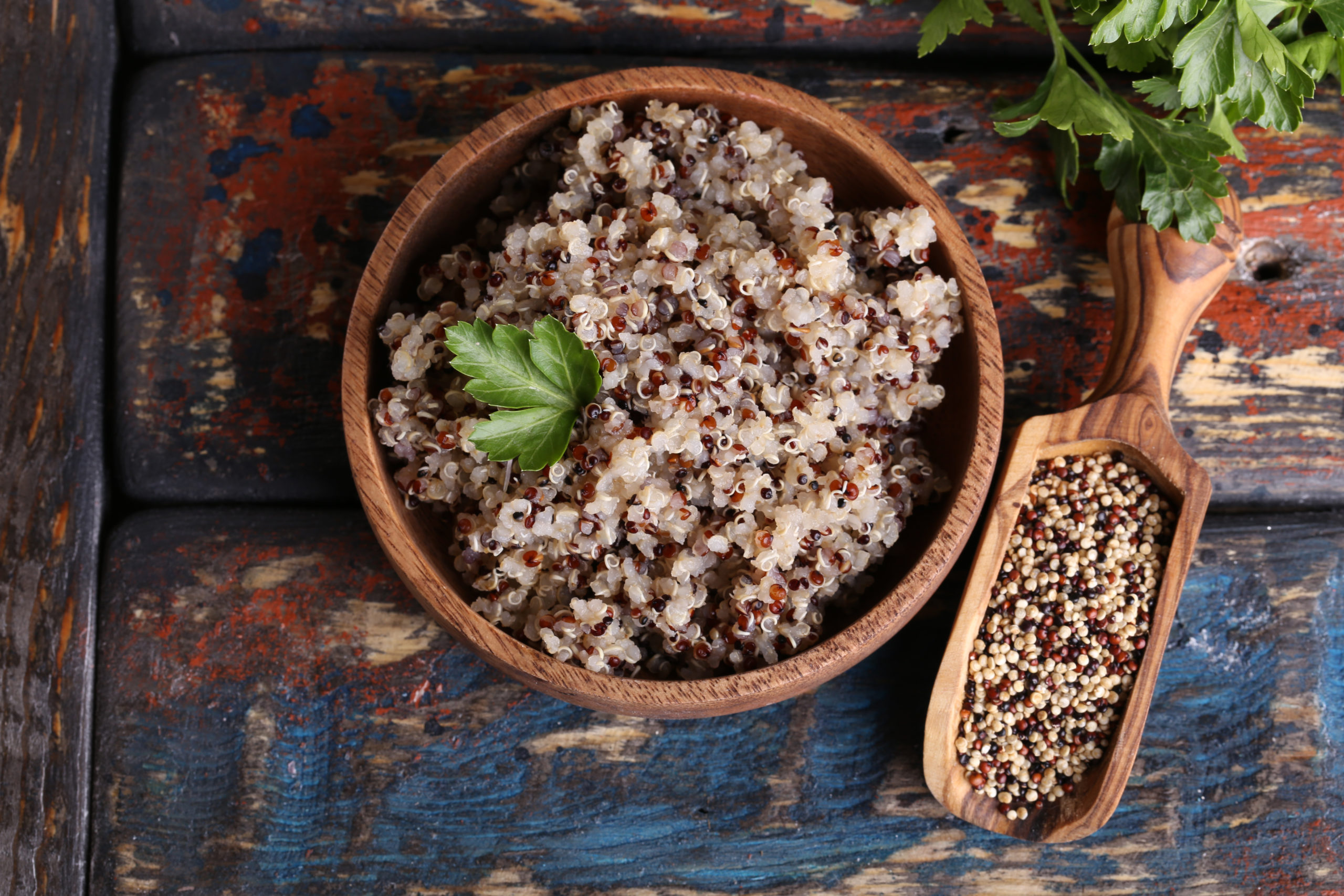
Whether you take red or black quinoa, its nutritional value is the same.
Here are some ways to incorporate Quinoa into your diet:
- Substitute Quinoa flakes for oatmeal in morning breakfast bowls or as a topping for yogurt and fruit.
- Add Quinoa to salads or use Quinoa as the base for a grain bowl.
- Use Quinoa instead of rice in burrito bowls or stir-fries.
- Mix Quinoa flour into pancake or muffin batter for added protein and nutrients.
- Try Quinoa pasta as a gluten-free alternative to traditional pasta.
Overall, Quinoa is a versatile and nutritious addition to any diet. Incorporating Quinoa into your meals can add valuable protein, fiber, antioxidants, and minerals to support overall health and wellness.
Final Thoughts
Quinoa is an excellent source of plant-based protein, fiber, and minerals like magnesium, potassium, and zinc. It also contains antioxidants that may help protect against disease.
With all these benefits, it’s no wonder quinoa has become such a popular food choice in recent years.
Have you tried quinoa yet? If not, now is the time to give it a try!

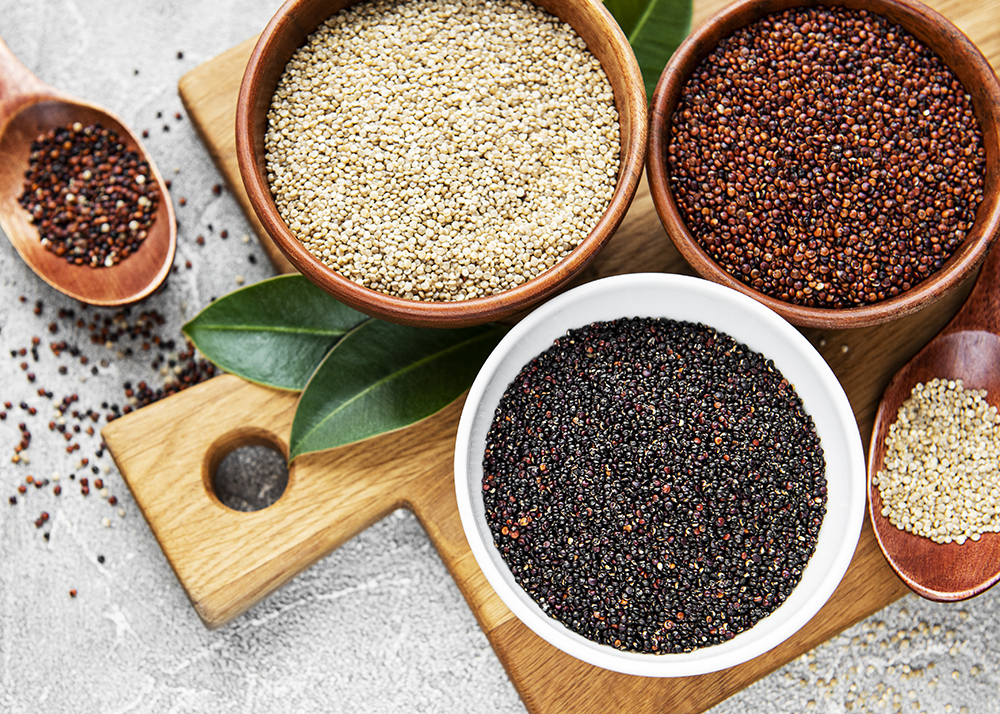
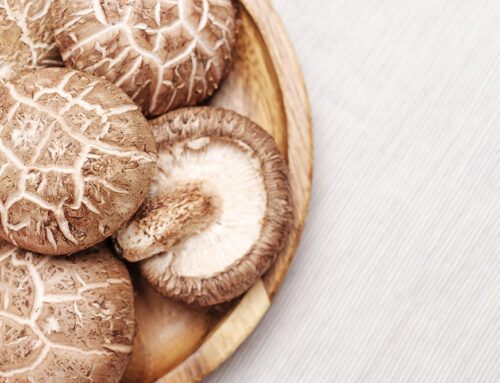


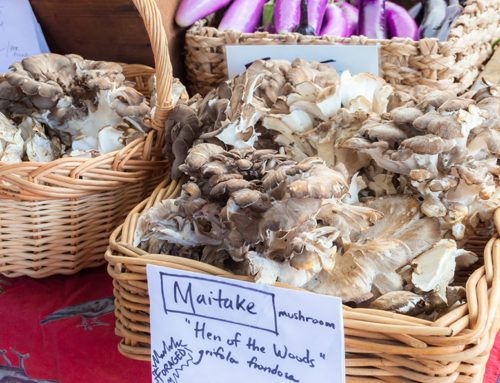
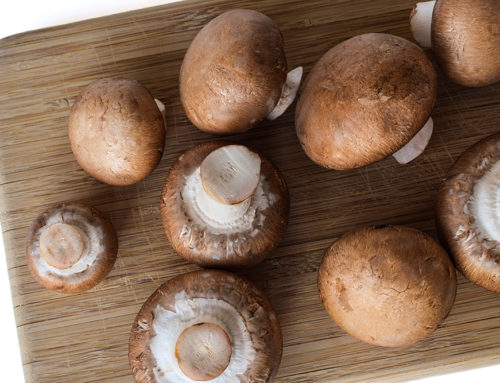
Leave A Comment